Oct. 7, 2025 / Industry News
A heat pump is a device that transfers heat from one place to another. It can
be used to heat and cool your home, depending on the season. In the winter, a
heat pump extracts heat from the outside air and transfers it inside your home.
In the summer, it reverses the process and transfers heat from inside your home
to the outside air.
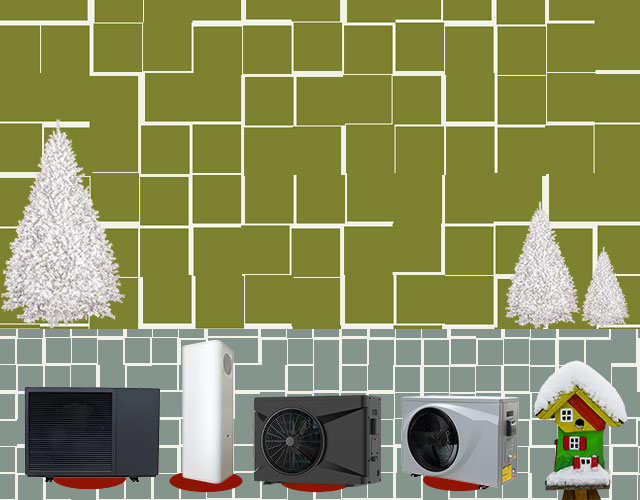
How does a heat pump work in heating mode?
A heat pump works in heating mode by using a refrigerant to absorb heat from
the outside air. The refrigerant is then compressed, which causes it to heat up.
The heated refrigerant is then circulated through a coil in your home's heating
system, where it transfers its heat to the air. Compared with other traditional
heating systems, Heat pumps use less electricity because they do not generate
heat directly. Instead, they transfer heat from one place to another. This
process requires less energy than generating heat directly.
To understand how heat pumps work, it is helpful to think about how a
refrigerator works. A refrigerator uses a refrigerant to absorb heat from the
inside of the refrigerator and transfer it to the outside air. The refrigerant
is then compressed, which causes it to heat up. The heated refrigerant is then
circulated through a coil on the back of the refrigerator, where it transfers
its heat to the outside air.
A heat pump works in a similar way, but in reverse. In the winter, a heat
pump extracts heat from the outside air and transfers it inside the home. In the
summer, it reverses the process and transfers heat from inside the home to the
outside air.
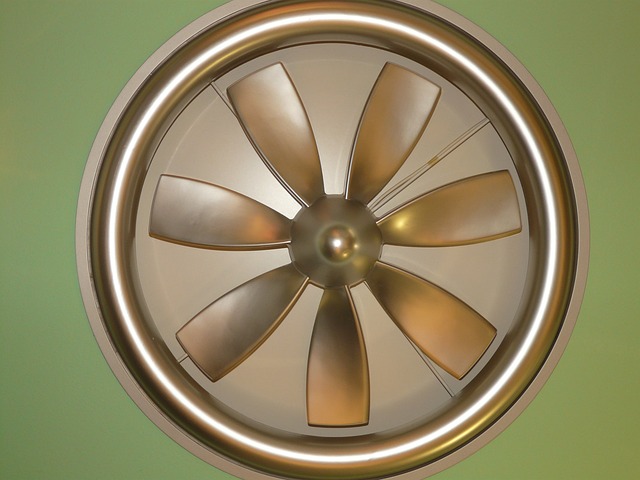
Heat pumps are very efficient at transferring heat. In fact, they can
transfer three or four times more heat energy than they consume in electrical
energy. This is why heat pumps use less electricity than traditional heating
systems.
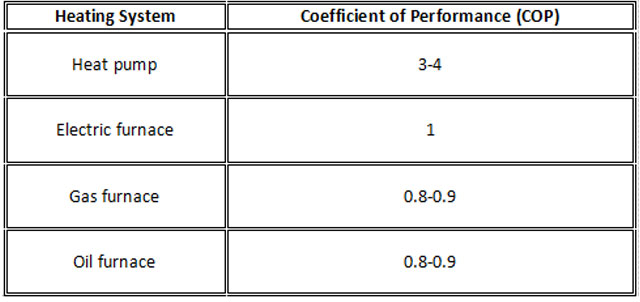
*The COP is a measure of how efficient a heating system is at converting
electricity or fuel into heat. A higher COP means a more efficient system.
Heat pumps can operate efficiently in cold weather, even in temperatures
below freezing. However, as the temperature outside drops, the heat pump will
have to work harder to extract heat from the air. There are a number of things
you can do to improve the efficiency of your heat pump in cold weather:
1. Make sure your heat pump is properly sized for your home. A heat pump that
is too large or too small will not operate as efficiently as it could.
2. Keep the outdoor unit of your heat pump clear of snow and ice. This will
allow the heat pump to extract heat from the outside air more efficiently.
3. Seal any air leaks in your home. Air leaks can allow warm air to escape
from your home, which will force your heat pump to work harder to maintain a
comfortable temperature.
4. Add insulation to your attic and walls. This will help to keep your home
warm in the winter and cool in the summer, which will reduce the workload on
your heat pump.
5. Set your thermostat to a lower temperature when you are sleeping or away
from home. This will save energy and reduce the wear and tear on your heat
pump.
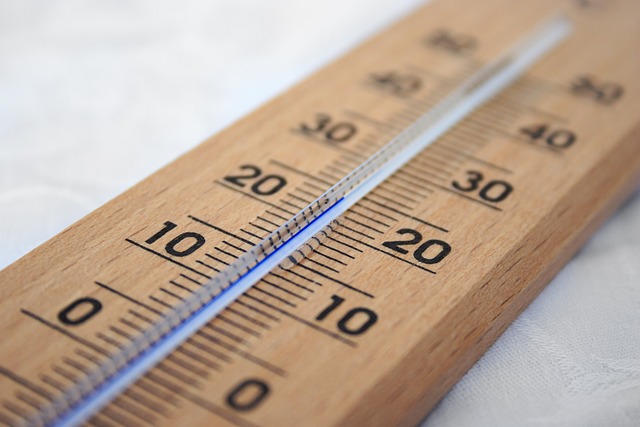
To choose the right heat pump for your home, you need to consider a number of
factors, including:
1. The size of your home. You will need to choose a heat pump that is the
right size for your home. If the heat pump is too small, it will not be able to
heat your home effectively. If the heat pump is too large, it will be
inefficient and waste energy.
2. Your budget. Heat pumps range in price from a few thousand dollars to
several thousand dollars. You will need to choose a heat pump that fits your
budget.
3. Energy efficiency rating. Heat pumps are rated for energy efficiency using
a Seasonal Energy Efficiency Ratio (SEER). The higher the SEER rating, the more
efficient the heat pump.
4. Noise level. Heat pumps can produce some noise, especially when they are
first starting up. If you are noise-sensitive, you may want to choose a heat
pump with a lower noise level.
5. Warranty. Heat pumps typically come with a warranty of 5-10 years. You
should choose a heat pump with a good warranty in case there are any problems
with the unit.
6. Ask for references. Talk to other people who have heat pumps to see what
their recommendations are.
7. Read reviews. Read online reviews of different heat pump brands and
models.
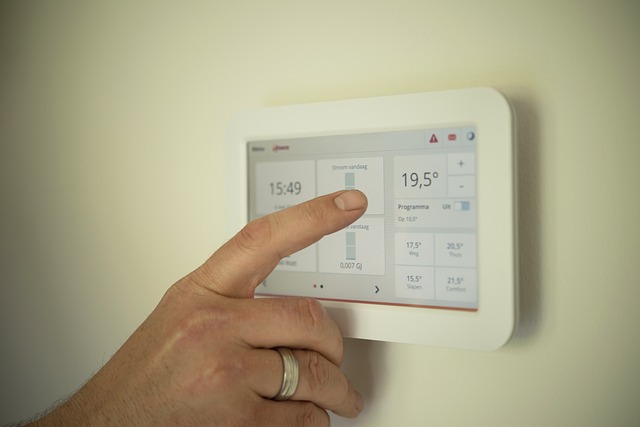
Smad heat pumps offer a number of features that make them a good choice for
winter heating, including:
Inverter compressors that provide consistent heating performance in cold
weather
High efficiency ratings that can help you save money on your energy bills
Quiet operation that won't disturb your peace and quiet
A variety of models to choose from, so you can find the right one for your
needs
If you are looking for a reliable and efficient heat pump to keep your home
warm and comfortable this winter, Smad is a good option to consider.


